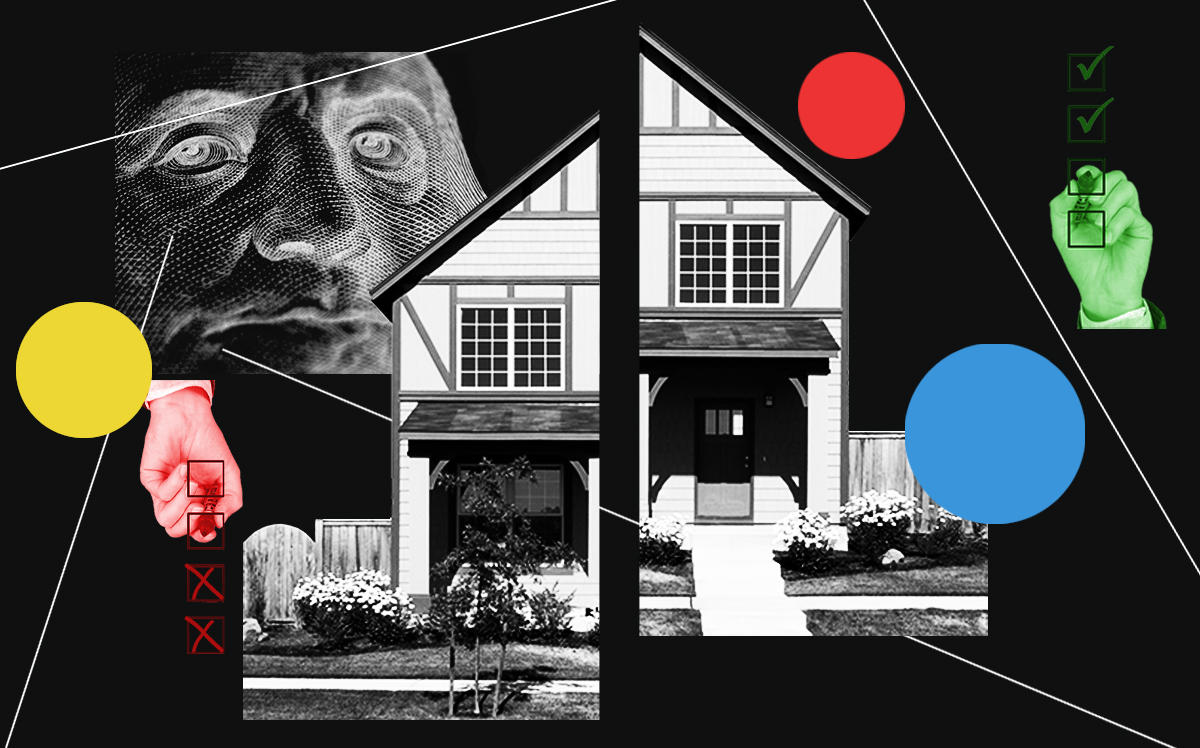
Trending
Black homeowners share stories of discrimination by appraisers
Systemic undervaluing of properties revealed on social media

Discrimination against Black homeowners in appraisals has been laid bare thanks to one Florida woman’s viral social media post.
Abena Horton suspected something was wrong when the appraisal of her four-bedroom home in a white Jacksonville neighborhood came in surprisingly low, the New York Times reported.
Horton, who is Black, removed all traces of herself and her 6-year-old son before a second appraiser visited. Absent any indication that a Black family lived there, the appraisal came in 40 percent higher.
She shared the story in a Facebook post that drew more than 2,000 comments, many from Black homeowners with similar stories.
Read more


Gallup and the Brookings Institution published a report in 2018 that showed homes in majority Black neighborhoods were valued 23 percent lower than similar homes in white areas. Researchers estimated the lower appraisals cost Black homeowners $156 billion in home equity.
Many appraisers chafe at the idea that discriminatory practices are pervasive in their profession, saying homes in minority areas are valued lower because buyers are paying less for them.
But data on appraisals of Black-owned homes in white neighborhoods such as Horton’s, where homes typically sell for $350,000 to $550,000, is harder to come by. Racial bias, often conveyed through microaggressions, is widespread, though it can be difficult to quantify.
Andre Perry, one of the authors of the Brookings report, compared discriminatory practices in appraisals to the police killing of George Floyd this spring.
“White appraisers carry the same attitudes and beliefs of white America — the same attitudes that compelled Derek Chauvin to kneel casually on the neck of George Floyd are shared by other professionals in other fields,” he said to the Times. “How does that choking out of America look in the appraisal industry? Through very low appraisals.” [NYT] — Erin Hudson




